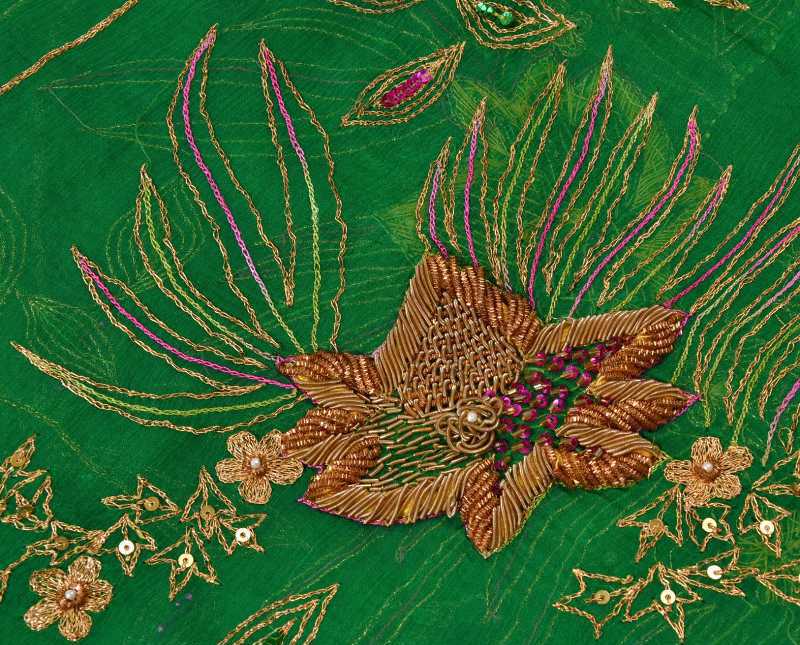===
0239,
7
===

=== |
 |
giriftah : 'Taken, received, accepted; clutched, seized; captured, made captive; —obstructed; shut, closed; involved (in), afflicted; embarrassed; —s.m. One who is made captive, &c., a captive, prisoner'. (Platts p.904)
shīrah : 'Juice (of fruit); sap; syrup; —new wine'. (Platts p.740)
harzah-kosh : 'One who labours over nonsense or trifles, &c.'. (Platts p.1225)
FWP:
SETS == KYA; MIDPOINTS
MOTIFS == BONDAGE; WINE; WINE-HOUSE
NAMES
TERMS == MEANING-CREATION; TUMULT-AROUSING; VERSE-SETThis is the first of five verses of a verse-set that continues through {239,11}. SRF discusses them all together, which works well for his purposes. I will add some further thoughts about each individual verse, separately.
SRF envisions a group of friends sitting together in the wine-house. Based on this verse in isolation, it initially seems plausible that 'we' were sitting alone, meditatively drinking and contemplating time, fate, and that wine-opened heart, since the reference to 'that heart' (singular) in the first line goes better with a solitary drinker. But then, the 'we' could also be plural: the speaker could also be sitting with a group of similarly inclined friends, as we learn in {239,8} is the case (since the mysterious voice addresses them as a group).
Moreover, the 'midpoints' adverb kitne could also refer (inquiringly or exclamatorily) to the number of friends present, instead of the extent of their time-wasting and frivolity.
Sitting there last night, half-drunk, what triflers 'we' were, how much 'we' were harzah-kosh ! Because of the 'kya' effect created by kitne , the reading could also be 'As if we were at all triflers!' (on the contrary, we were engaging in significant mental work); or else 'How much were we triflers?' (were our thoughts trivial, or not?). Such alternatives go well with the larger all-is-vain thrust of the verse-set: if everything we do is brief, futile, and doomed, is it really possible to escape from triviality and the waste of time?
But in any case, who could resist a comparison with Ghalib's most famous verse-set, especially since it develops along strikingly similar lines? It begins here:
G{169,6},
and continues through G{169,12}, so it's a little longer than Mir's. In it wine appears less centrally, but time and transience and ineluctable loss are at the heart of it, just as they are of Mir's own. Both verse-sets are explicitly hortatory and didactic, but are also so suffused with a musically despairing calm that their larger mood is one of romantic melancholy.